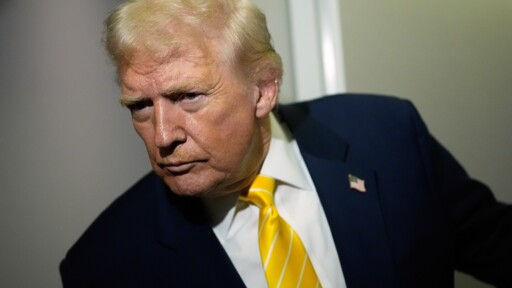Donald Trump announced Friday that he was scrapping U.S. tariffs on beef, coffee, tropical fruits and a broad swath of other commodities — a dramatic move that comes amid mounting pressure on his administration to better combat high consumer prices.
Trump has built his second term around imposing steep levies on goods imported into the U.S. in hopes of encouraging domestic production and lifting the U.S. economy. His abrupt retreat from his signature tariff policy on so many staples key to the American diet is significant, and it comes after voters in off-year elections this month cited economic concerns as their top issue, resulting in big wins for Democrats in Virginia, New Jersey and other key races around the country.



Yes, all well and good, and upvoted for the rational response of course.
I understand there are standards. But the enemy of the good is the perfect, and if journalistic standards require perfect evidence and won’t otherwise represent the best-fit explanation, then they are easily exploited by bad actors like Trump who will intentionally withhold perfect evidence. The public good is served by reporting from a reasonable person’s perspective what the most likely explanation is, including the terminology that goes with it. Here, that is a “lie.”
I’d also argue their concern in this case isn’t standards, but legal liability for defamation. At least from a legal perspective, reporters and publications have clear defenses at this point to saying “lie” since regardless of subjective momentary intent, the preponderance of people / jurors should accept contextual evidence of intent like his prior statements.
And even journalistic standards should be addressable by calling it something like an “apparent” lie to allow the possibility of other explanations, while still calling it what it almost certainly is.